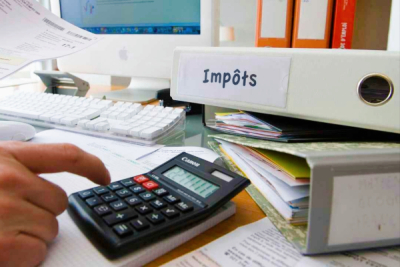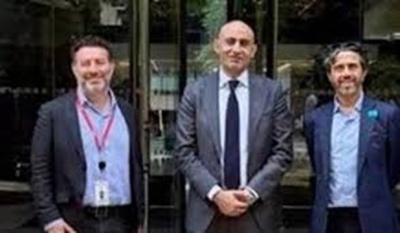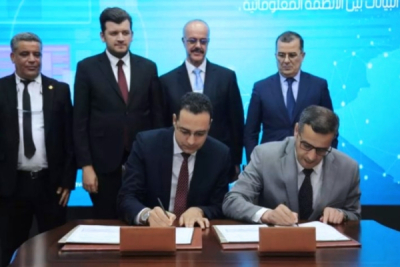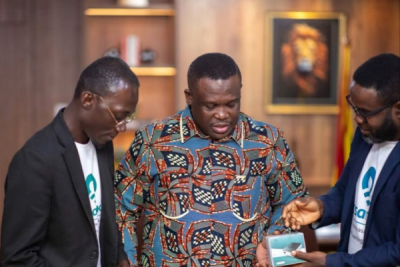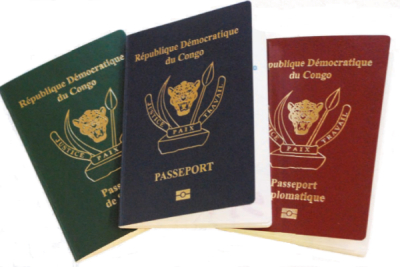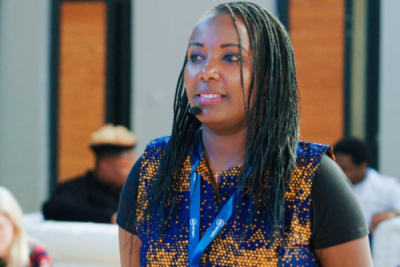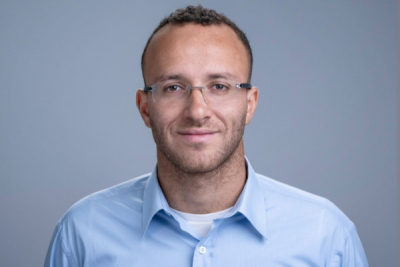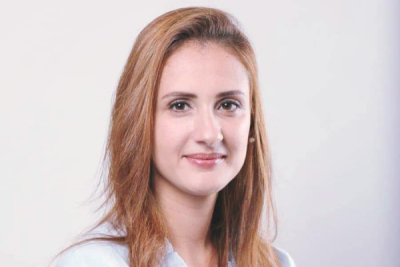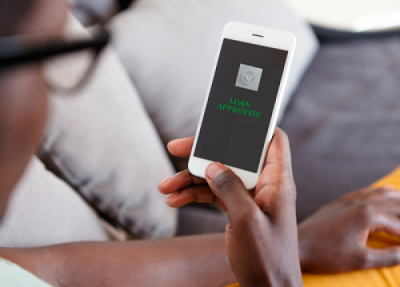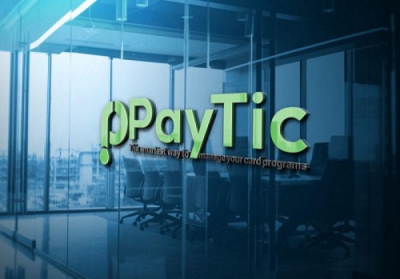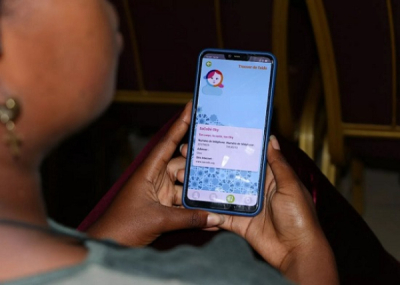As Egypt eyes its Vision 2030 goals, education technology could become a cornerstone of broader social and economic transformation.
The Egyptian government, Google, and the United Nations International Children's Emergency Fund (UNICEF) held discussions on Friday, May 30, to explore avenues for integrating advanced technologies into pre-university education.
The meeting took place during the visit of Egypt’s Minister of Education and Technical Education, Mohamed Abdel Latif, to the United Kingdom. He reaffirmed Egypt’s commitment to implementing the best training programs for teachers, aiming to enhance their capacity and skills.
A key theme of the discussions was the use of artificial intelligence (AI) to streamline educational processes, with a particular focus on reducing teachers’ administrative burdens and maximizing instructional time. The talks also centered on fostering greater cooperation to develop effective, technology-driven educational models tailored to Egypt’s national context.
The collaboration between Egypt, Google, and UNICEF takes on heightened significance in light of global trends shaping the future of work. According to the World Economic Forum's Future of Jobs report, 65% of children entering primary school today will work in jobs that do not yet exist, emphasizing the need for digital literacy, critical thinking, and adaptability. This projection underscores a fundamental truth: traditional education systems, which often prioritize memorization and standardized testing, are increasingly ill-equipped to prepare students for the demands of a rapidly evolving job market.
To prepare students, Egypt can integrate AI-driven tools, personalized learning, and improved teacher training, shifting from a content-heavy curriculum to one that fosters essential 21st-century skills.
The move signals Egypt’s ongoing efforts to modernize its educational infrastructure and equip its educators and students with the tools necessary to thrive in a digital future.
Hikmatu Bilali




